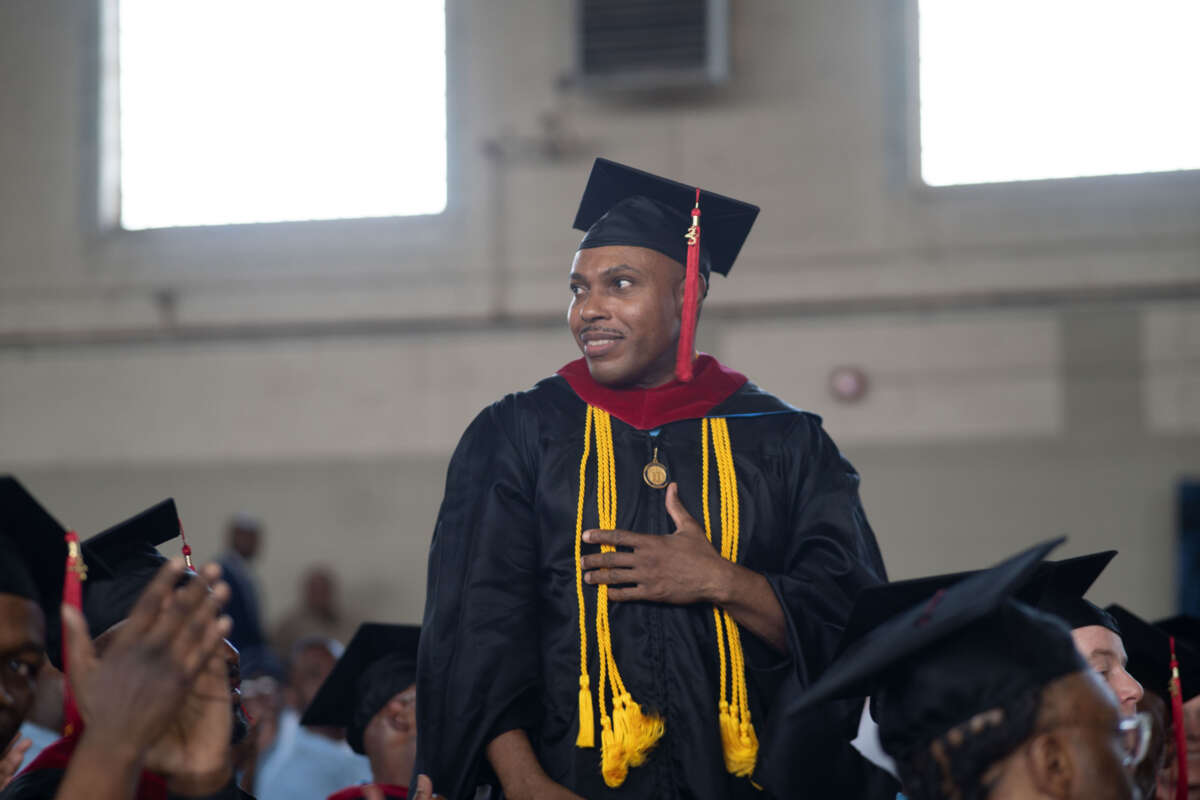Nearing age 50, Eric Watkins has spent more than half of his life in prison. He has missed watching his siblings grow up, caring for his aging mother, his two daughters’ childhoods and the birth of his three grandchildren. Now, he is hoping that clemency will keep him from missing more milestones and memories.
In 2020, as the COVID-19 pandemic threatened, then caused, outbreaks in prisons nationwide, Illinois Gov. J.B. Pritzker granted 71 commutations. The following year, Pritzker granted 26 commutations.
In 2022, Pritzker ran for reelection and won. He granted no commutations that year. This year, he has granted 19, including to the last three men originally sentenced to life imprisonment for drug offenses under the state’s “three strikes” law. The decline in commutations has caused some advocates to wonder if Pritzker’s higher political ambitions might be causing more hesitation — and fewer clemencies.
“We don’t know what’s in the mind of executives when they’re making clemency decisions,” cautioned Jennifer Soble, executive director of the Illinois Prison Project. “Clemency takes such a long time in Illinois that we’re often looking at multiple election cycles between when a person files and when they get a decision,” she told Truthout.
“Pritzker ran for reelection as governor not that long ago. Now folks are wondering if he’s going to run for president,” she continued. “The general wisdom in this field is that executives who are thinking about further political ambitions are less likely to grant clemency. I wish that executives in this position understood how important clemency is to so many people. Showing mercy and compassion should be a political strength, not a liability.”
Asked whether he planned to grant more commutations before the end of the year, Pritzker’s spokesperson Alex Gough told Truthout, “The clemency process involves a very careful review of the individual facts of each petition and the recommendation of the Prisoner Review Board. The Governor plans to continue that careful process as he has throughout his administration.”
“Not Being Able to Have My Brother Is Just as Traumatic as Losing My Father”
Tyara Simpson was not quite 2 years old when her father, Rufus Simpson, was killed in 1992. She was 6 years old when her brother Eric Watkins kissed her goodbye and vanished from her life. When she was a teenager, she learned that he was imprisoned for her father’s death.
At age 15, Eric Watkins had graduated high school and enrolled in college, an achievement made even more remarkable given the ongoing abuse by his stepfather Rufus Simpson.
In November 1992, Watkins’s mother brought him, then 18, and his siblings to care for his grandmother, who had fallen ill. They returned to find police at their house, which had been ransacked and left open. Police said they had found Simpson, who had stayed home, dead.
During the investigation, Watkins’s mother said nothing about her husband’s ongoing violence. Watkins, however, was honest in describing Simpson’s behavior. It was a candor that prompted police to attribute a motive to him — and later take brutal steps to ensnare him.
In January 1993, police arrested four young Black men — Donell Austin, Jamell Dorrough, Kevin Taylor and Bobby Walley — for Simpson’s death.
Two days later, police arrested Watkins. Although his mother had hired an attorney, police did not allow Watkins to call him. Instead, officers beat Watkins on his head, face, stomach and groin and coerced him into signing a statement that they had prepared.
Prosecutors charged him with armed robbery and first-degree murder under the state’s theory of accountability, which enables the state to prosecute people for crimes they were associated with but did not commit. In September 1994, a circuit court judge ruled that his arrest, without probable cause or a warrant, was illegal and declared all evidence from that arrest, including the statement, inadmissible. Watkins was released and free of all charges.
The following year, Austin and Walley were convicted. Dorrough agreed to testify against his co-defendants, and against Watkins, in exchange for a lighter sentence. Taylor agreed to testify against Watkins if prosecutors dropped the charges.
In August 1996, Cook County State’s Attorney Jack O’Malley filed to reinstate charges against Watkins. The trial was set for April 1997.
Watkins had 15 eyewitnesses who could testify about his whereabouts on the day of his stepfather’s death. But one day before his trial, prosecutors expanded the timeframe of Simpson’s murder to include the day that the family returned. The judge denied Watkins’s request for an extension to locate witnesses to testify about the additional day. Still, the family believed that, since charges had initially been dismissed, he would prevail at trial.
Dorrough and Taylor testified against Watkins. He was convicted of first-degree murder and armed robbery under the theory of accountability and sentenced to life in prison.
At 23, he entered Stateville Correctional Center. The prison had no higher education programs at the time, so Watkins, who had been attending college before his incarceration, taught himself law and became a jailhouse lawyer, helping others with their legal work and litigating to improve prison medical treatment. When the prison began offering college courses, Watkins enrolled and graduated in May 2023.
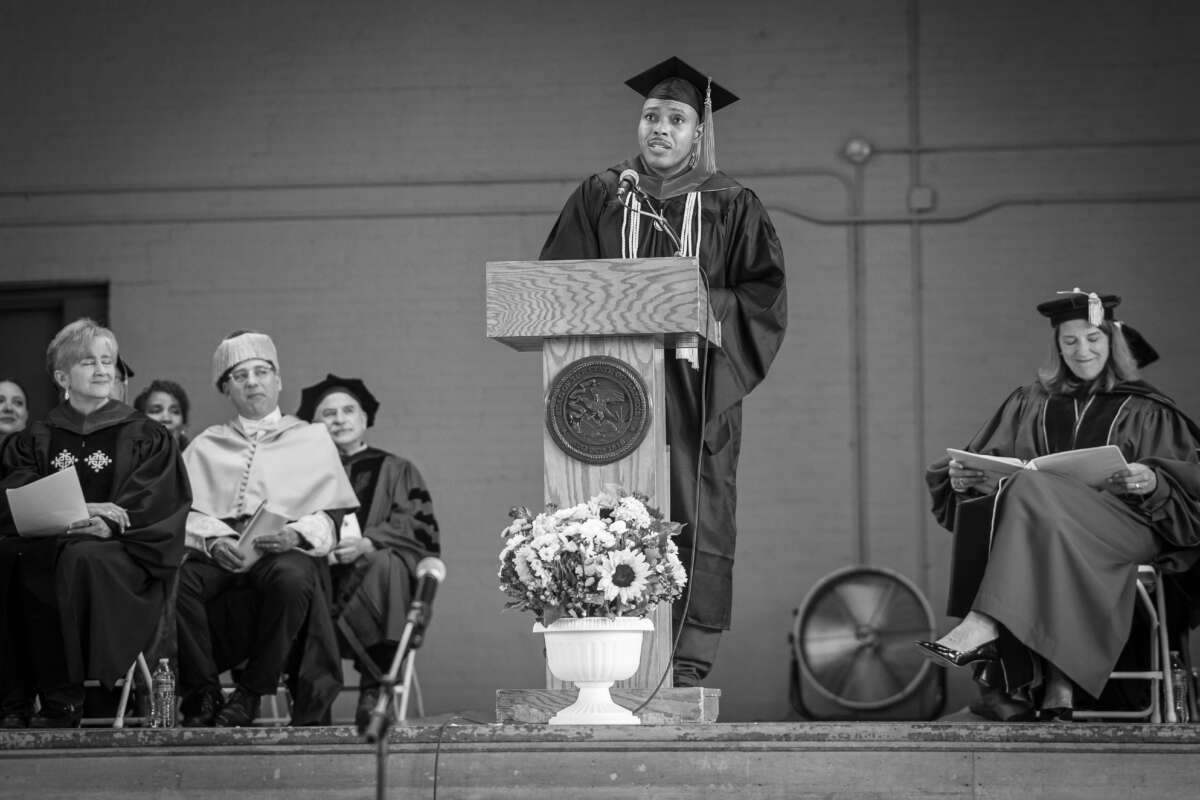
But his efforts to overturn his life sentence were unsuccessful, as court after court denied his appeals. Meanwhile, Austin, Walley and Dorrough finished their sentences and were released from prison. Walley has since submitted an affidavit reiterating that Watkins was not involved in Simpson’s death.
Oscar Parham, who had also been sentenced to life under theory of accountability, had continually encouraged Watkins to file for commutation. Parham received clemency in 2020.
Encouraged by his success, Watkins applied for commutation in 2021. Watkins was unable to attend the October hearing before the Illinois Prisoner Review Board, but his siblings Tyara and Tremayne Simpson, as well as Illinois State Sen. Robert Peters, urged the board to grant his petition. The state’s attorney’s office did not object to clemency. Now, they await the governor’s decision.
Clemency, Watkins told Truthout in an e-message from Stateville, would allow him to care for his 73-year-old mother, who has survived cancer, a mastectomy, two heart attacks and, this past fall, was hospitalized after a second stroke. “She lives alone, but will not be when I’m home,” he said.
It would also enable his family to heal. “For over 30 years, they have supported my freedom as ‘our freedom,’” he wrote. “Their lack of closure is caused by my continued incarceration.”
“[Clemency] would make our family whole,” agreed Tyara Simpson. Now in her thirties, she wants her brother to experience life and to have fun. She wants to make up for lost moments. “Not being able to have a daily life with my brother has been just as traumatic as losing my father.”
“Why Does It Sit There for So Long?”
Watkins has heard nothing since his 2021 hearing. He’s not alone. The Illinois Prison Project represents several hundred others who are also awaiting an answer.
That includes 50-year-old LaTonyia Dextra, a mother of five who has served 15 years of her 28-year sentence.
Like nearly all people in women’s prisons, Dextra survived multiple abusive relationships, including one that led to her incarceration. In 2004, her boyfriend and three other men decided to rob her workplace. By then, Dextra had learned that telling him no would result in a beating and did not disagree when he planned to rob the store.
One afternoon, he called her at work, asked who was in the store, and ordered her to hide in the bathroom. She complied. During the ensuing robbery, her co-worker was fatally shot.
Dextra pled guilty to first-degree murder and was sentenced to 28 years. Her ex-boyfriend went to trial. He was convicted and sentenced to 36 years. His conviction was overturned on appeal and he was released in 2010.
Dextra remained in prison. She obtained her GED and enrolled in community college until the pandemic stopped programs. She participated in both group and individual therapy to address her years of past abuse and has become a mentor and “prison mother” to younger women.
Still, her children, then ages 3 to 15, have grown up without her. Their mother’s incarceration scattered the family, her second daughter Nyia Pritchett told Truthout. They were sent to live with different families and now live in different states. “If my mom were here, we wouldn’t be this far apart,” she said. Dextra missed holidays, birthdays, first periods, the births of each of her seven grandchildren and supporting Pritchett through losing her only pregnancy.
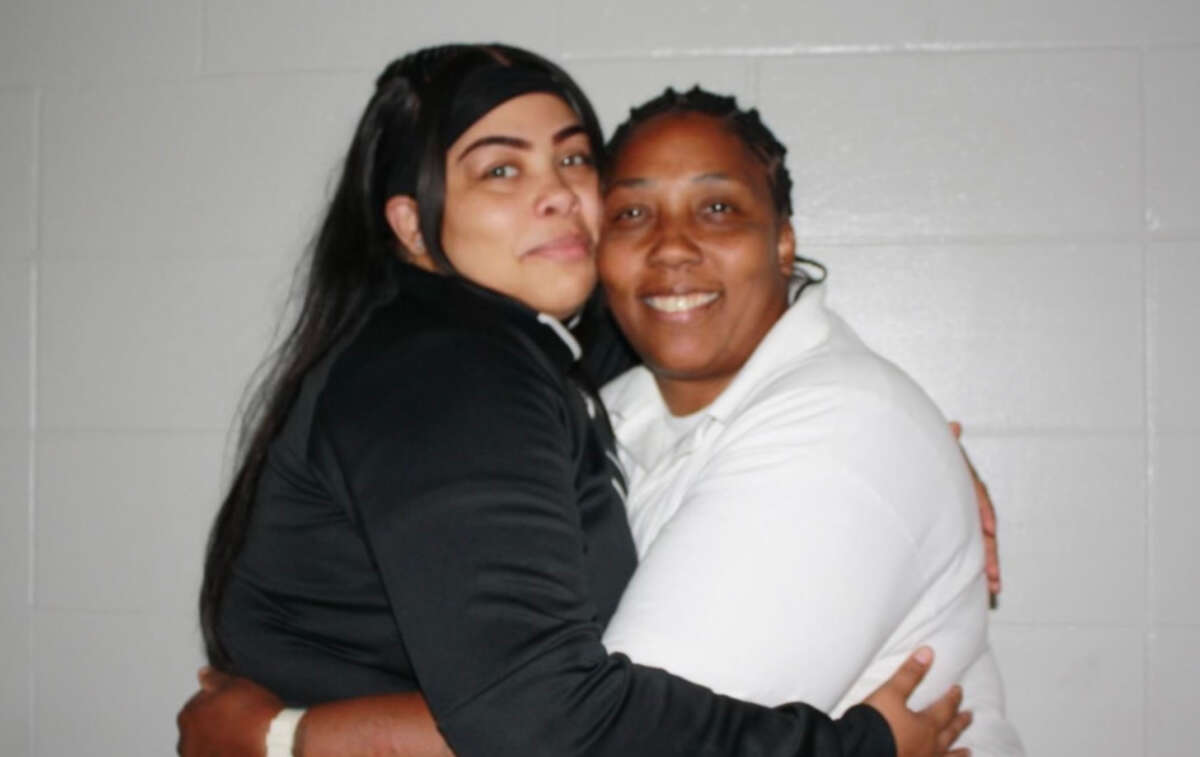
In 2018, Dextra filed a petition under a 2015 law allowing survivors whose conviction stemmed from abuse to seek a sentence reduction. Her petition was denied without a hearing. In 2020, she applied for clemency. She was denied, which Dextra said felt like a “gut punch to the stomach.”
In 2022, she applied again, this time with the help of the Illinois Prison Project. Like Watkins and hundreds of others, she is still waiting on a response.
“I was really excited last year when [my] clemency was heard. I even got excited after the holidays, but now, it’s a year later,” Dextra told Truthout. “I try not to think about it because I get a little sad. They’re so many other people that have had their clemency [petitions] in for years. I have questions like, Who looks at this? Why does it sit there for so long?”
“Waiting Is Like a Roller Coaster Ride”
Illinois is not the only state where commutations rose to record highs in response to the pandemic — and have since dramatically dwindled. In California, Gov. Gavin Newsom granted 57 commutations in 2020, 13 in 2021 and 32 in 2022.
“California has the second biggest prison system,” Anoop Prasad, advocacy director at the California-based Asian Prisoner Support Committee, told Truthout. Noting that, during Newsom’s first two years in office, the governor showed signs of wanting to chart a different course around criminal justice than other governors, Prasad stated, “Clemency plays such a huge role in shaping the conversation around criminal justice.”
In February 2020, Newsom announced a clemency initiative to pardon people who had been prosecuted under historic laws, such as vagrancy, loitering and sodomy, which had been used to target LGBTQ people. He posthumously pardoned Bayard Rustin, who had been convicted of misdemeanor vagrancy for consensual adult sexual activity. In 2022, he pardoned 83-year-old Henry Pachnowski, who had been convicted of lewd conduct in 1967. He has not pardoned anyone else under his LGBTQ clemency initiative.
Meanwhile, commutations have ground to a halt.
As Truthout previously reported, Tien Mo has been waiting on her 2017 commutation petition. So is Mychal Verdad Macias, a 54-year-old trans man at Central California Women’s Facility.
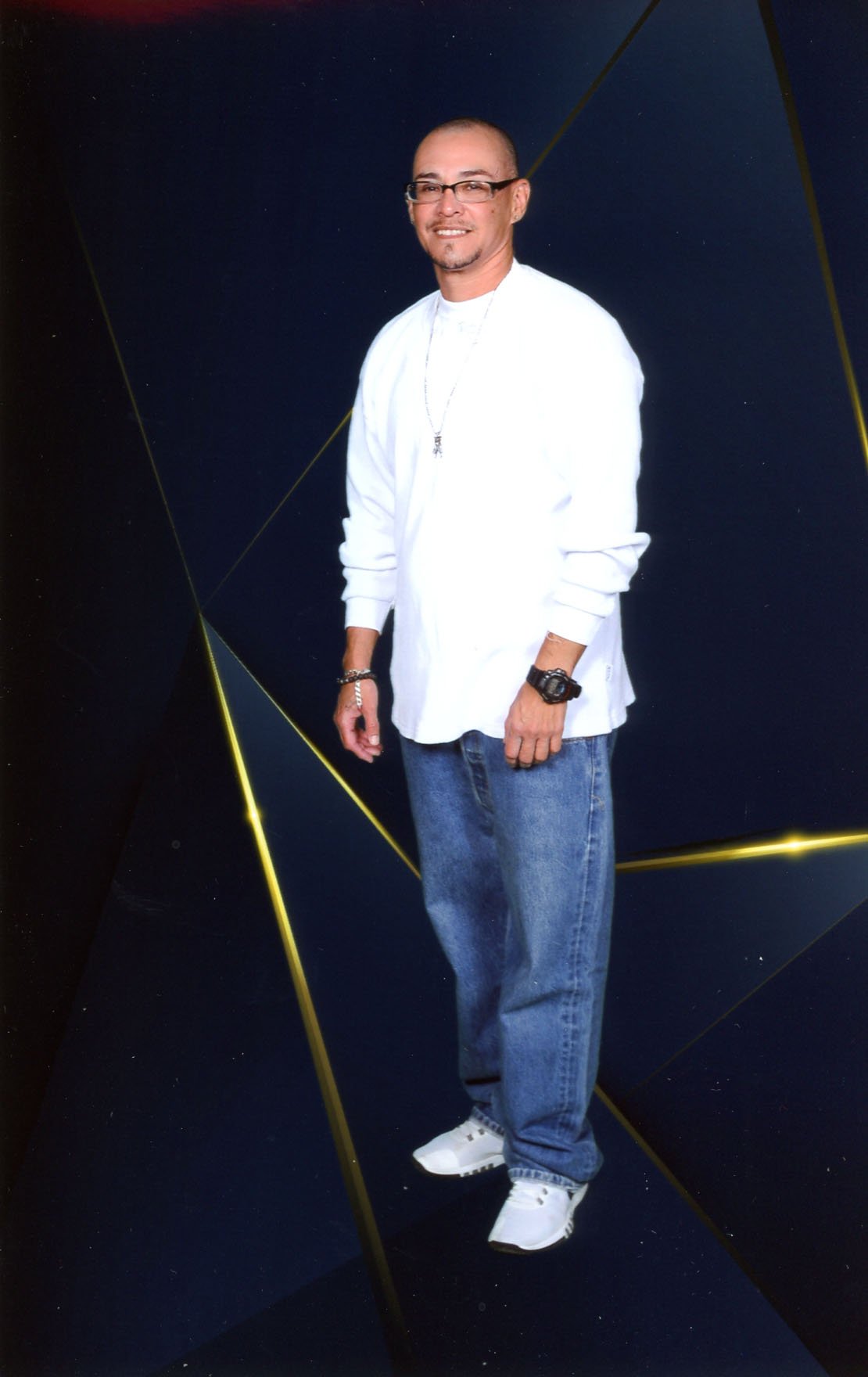
Like Dextra and nearly all people in women’s prisons, Macias experienced a lifetime of abuse, which influenced the decisions that led to a tragic senseless death and his imprisonment.
As a child, he was abused emotionally, physically and sexually by his father, then his mother’s new boyfriend. “I internalized the message that I was inherently bad and that the abuse was my fault,” he told Truthout. “That message persisted throughout my teens and into adulthood.”
He also grappled with his gender identity. The ongoing abuse instilled a sense of being unlovable. Coupled with the rigid gender norms of the 1980s, Macias felt he had to deny his masculine identity. He partied hard, escaping reality through alcohol, drugs and sex. A one-night stand left him pregnant and Macias decided to follow the traditional route of marriage and motherhood. His daughter Amanda died at 14 months.
The following year, while seeking drugs, he met members of the Avenidas, a Mexican-American gang. Being in a gang gave him the sense of protection he had lacked throughout his childhood.
Even so, he recalled, “I still felt like a victim and I just tried harder.” Trying harder culminated in tragedy in January 1996. He was driving through Los Angeles with several Avenidas when his friends spotted, then shot a rival gang member.
Macias was later arrested for an unrelated charge of assault with a deadly weapon. On the day he was convicted, prosecutors charged him with the drive-by murder. That was when he learned the name of his victim — Steven Ramirez. Macias rejected plea offers, reasoning that he had not killed Ramirez nor had he known that he would be killed, and went to trial. He was convicted and, as a second striker under California’s Three Strikes law, his 25-to-life sentence was doubled. The court added two sentencing enhancements — one year for the gun charge and a five-year enhancement for a second violent crime within a three-year window. The combination brought his sentence to 56 years to life. Macias was 26 years old.
In prison, he continued to use drugs. During his first year, he received 14 disciplinary tickets, nearly all drug-related. It was not until 2009 that he began turning his life around — and reflecting on his culpability in Ramirez’s murder. “I had believed I could not hurt anyone else because I was the one who was hurt,” Macias explained. He enrolled in groups to help work through both his past traumas and his role in Ramirez’s death. He learned that, while he had not been responsible for his childhood abuse, he was responsible — and needed to recognize his role — in Ramirez’s death. He also co-founded a veterans’ support group and a gang prevention program, where former gang members speak to at-risk youth, hoping to keep them from the same lethal footsteps.
In 2006, California lawmakers proposed building new women’s prisons under the guise of “gender responsive prisons.” The bill would create 4,500 new women’s prison beds. Abolitionist organization Justice Now mobilized a counter-campaign with people in women’s prisons called “Not In My Name.” Macias joined the effort. He attended a prison town hall where prison officials spoke glowingly about these new prisons.
“I raised my hand and asked, ‘Are you looking at policy reform? Are you increasing good-time credit? Are you looking to reunite children with their mothers or increase visits for children?’” His questions quieted the room as his peers, who had initially expressed excitement about better conditions, realized that the new prisons would accomplish none of these.
Macias also gathered signatures in opposition to the bill. Those signatures became part of a 25-foot scroll that Justice Now unrolled before the Senate Budget Subcommittee on Prisons. The measure was defeated.
The victory lit a fire under Macias, who continued working with Justice Now and, inside prison, helped his peers file grievances and connect with outside organizations.
Still, recovery was rocky. In 2014, officers found syringes in his locker. He was removed from his groups. For the next three years, he alternated between drug use and sobriety. Then he joined White Bison, a 12-step program that uses Native teachings and spirituality, which he credits as his turning point for both sobriety and accepting his gender identity.
Macias now lives in the prison’s medical unit as a volunteer helper for aging, sick and vulnerable people. He remains sober, is an alcohol and drug counselor, and continues attending Native American services, where he feels that sense of connection he had long yearned for.
Macias emphasizes that he’s not looking for a “get out of jail free” card. Instead, he hopes that commutation will enable him to convince the parole board of his rehabilitation before his 60th birthday and that he can use his skills to help others in the outside world.
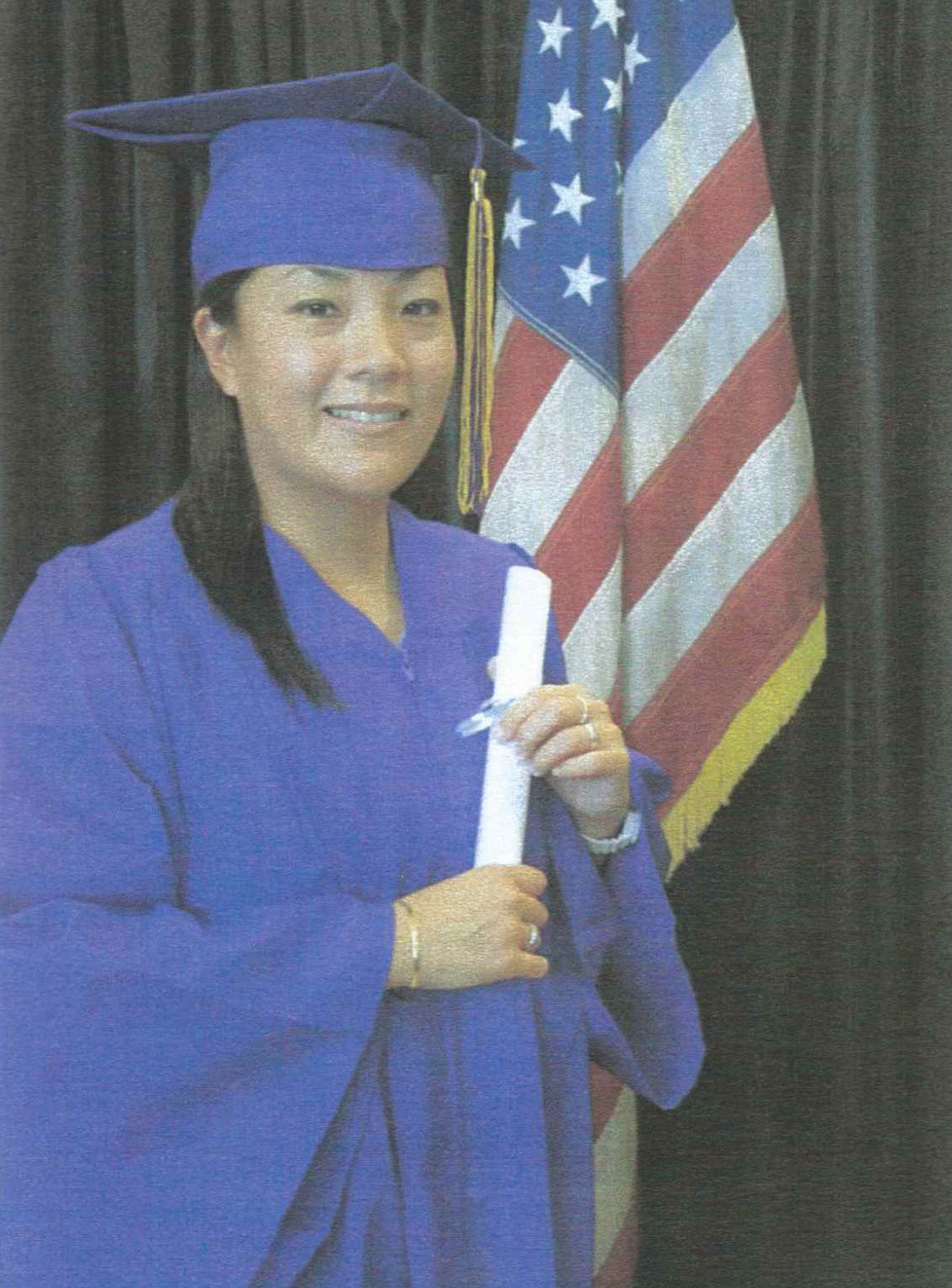
Newsom last granted commutations on July 1, 2022. His office declined to comment on the lack of commutations in 2023, his future commutation plans or rumors that he might be seeking a presidential bid.
“It’s 100 percent because of political ambitions, showing that he’s a moderate that can win over red state voters. There’s been a hard swing among Democrats towards the right on criminal justice and incarceration issues,” Prasad stated. “It’s mind-boggling that Newsom hasn’t been able to find a single person in our prison system whom he thinks should not be there over the past year and a half.”
“That is disheartening!” Macias said when informed of Newsom’s last grants. “It is already hard to get a commutation but if he has not done one since then it makes me get scared that he is not going to do any more.”
Tien Mo, too, is fighting against dwindling hope. “Waiting for my commutation petition is like a roller coaster ride. Right after the parole agent interviewed me, it was wonderful. I was full of anticipation and nerves. I was going up on the ride,” Mo told Truthout this December. “After a year of waiting, I do not have much hope. I still do all that I can to prepare for parole, but the ride is coming to a stop. I keep reminding myself that ‘hope is a practice.’ I love what Mariame Kaba means when she said that. It is so true. Hope is a discipline we must continue to work for and work on.”
Trump is silencing political dissent. We appeal for your support.
Progressive nonprofits are the latest target caught in Trump’s crosshairs. With the aim of eliminating political opposition, Trump and his sycophants are working to curb government funding, constrain private foundations, and even cut tax-exempt status from organizations he dislikes.
We’re concerned, because Truthout is not immune to such bad-faith attacks.
We can only resist Trump’s attacks by cultivating a strong base of support. The right-wing mediasphere is funded comfortably by billionaire owners and venture capitalist philanthropists. At Truthout, we have you.
We’re in the midst of a fundraiser, and as of right now, we have until midnight to raise $10,000. Please take a meaningful action in the fight against authoritarianism: make a one-time or monthly donation to Truthout. If you have the means, please dig deep.
